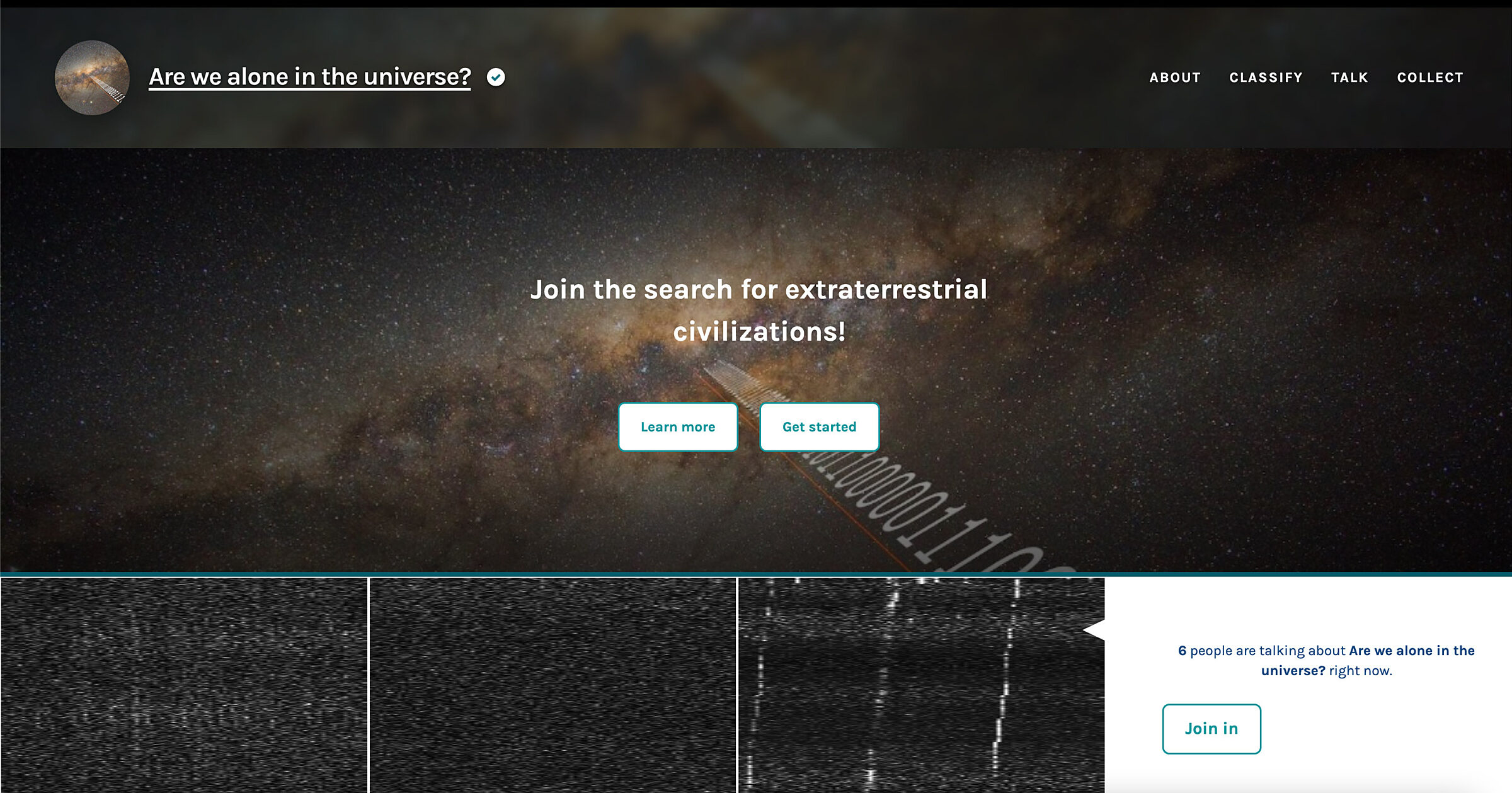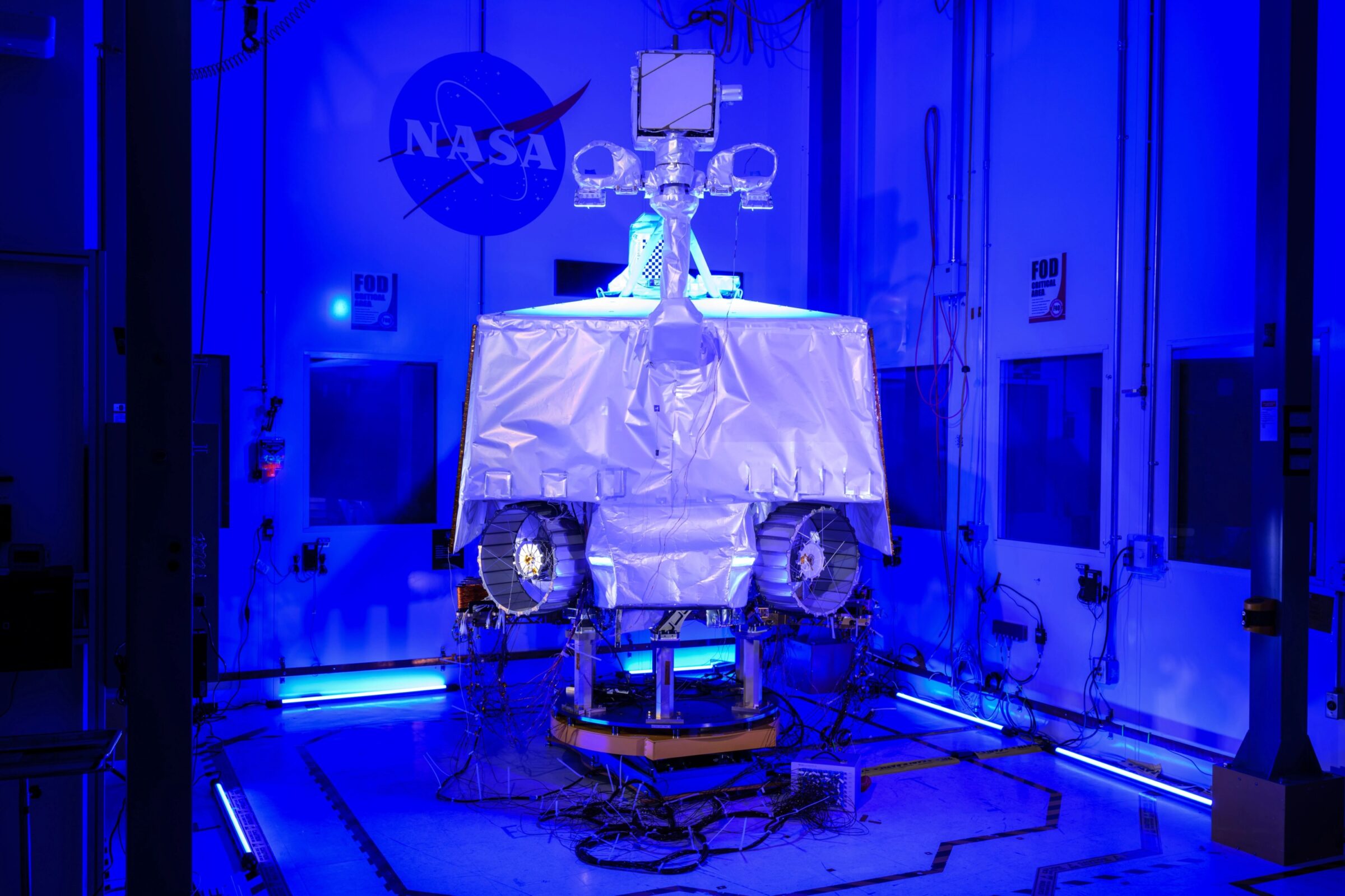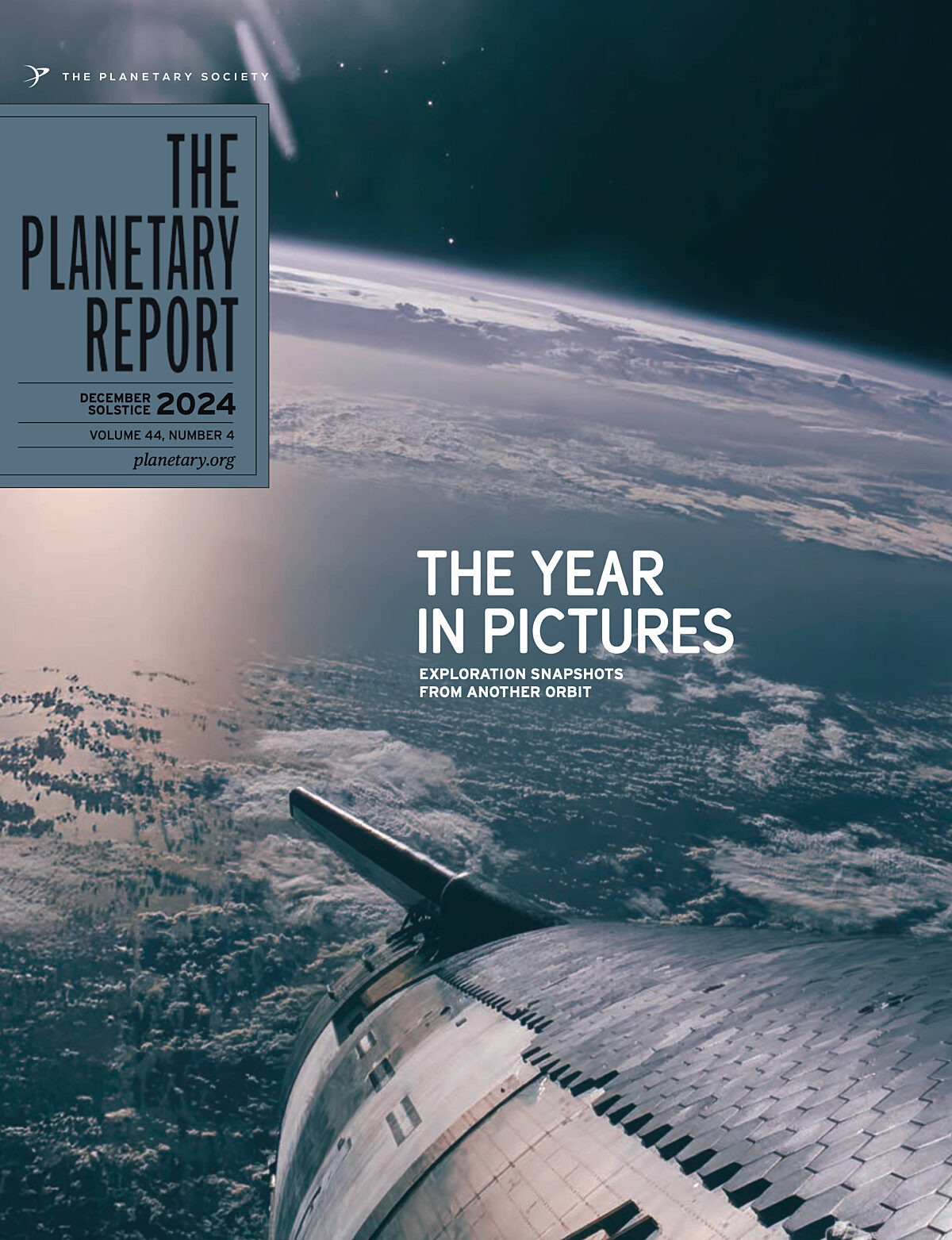Your impact: December solstice 2024
The Planetary Society rallies for VIPER
By Casey Dreier, Planetary Society Chief of Space Policy
On July 17, 2024, NASA announced the cancellation of its Volatiles Investigating Polar Exploration Rover, or VIPER, mission to map water on the Moon’s south pole. VIPER’s findings would have paved the way for future lunar habitats while also providing insights into the history and origin of water in the Solar System.
The Planetary Society joined the lunar and planetary science community in rallying together to urge Congress to reverse the decision. The Planetary Society helped circulate a letter signed by nearly 5,000 individuals from the science community. The letter urges Congress to intervene, emphasizing the importance of VIPER for future lunar exploration and scientific discovery. Jack Kiraly, The Planetary Society’s director of government relations, organized a dozen in-person meetings between lunar scientists and key congressional offices in support of the mission.
We published a comprehensive analysis on the cancellation, pointing out that the team behind VIPER was not provided an opportunity to propose cost-saving measures to keep the project viable. Finally, The Planetary Society also issued a statement (shared with you below) and encouraged our members to send it to their representatives in Congress.
As of the time of this publication, NASA is considering proposals from the commercial space industry to take over the VIPER mission. The House science committee has demanded more information from NASA and has expressed concern at the cancellation. The Planetary Society will continue to work with the community to ensure scientific exploration at the Moon is preserved.
Canceling VIPER undermines the scientific credibility of NASA’s Artemis campaign and the goal of establishing a permanent human presence on the lunar surface. The rover — managed by NASA’s Ames Research Center and built by Johnson Space Center — would help determine the origin, distribution, and abundance of water on the Moon at scales relevant to future human explorers. It is the most significant U.S. science mission planned at the Moon this decade.
The Planetary Society appreciates that NASA is considering commercial and international partners to continue the project. We urge NASA to prioritize the mission’s continuation and to consider the full range of landing systems being developed for the Moon that could deliver VIPER to the surface this decade. Any opportunity at landing is preferable to disassembling an already-built rover and missing out on the scientific results.
NASA has spent nearly half a billion dollars of U.S. taxpayer money on VIPER as a science mission. To ensure this investment serves the public, NASA should prioritize the project’s scientific output, regardless of how it moves forward. This includes supporting the multi-institutional, multistate science team already selected for the mission, which knows best how to operate the instruments, pursue its scientific goals, and find water on the Moon.
This project’s proposed cancellation is yet another casualty of underfunding NASA’s science programs. Since 2020, NASA has lost over $1 billion of buying power in its science portfolio due to congressionally enacted cuts, NASA funding decisions, and inflation. Current and proposed missions are being delayed and canceled, not because of poor performance or lack of quality science but because of arbitrary budget caps. The Planetary Society continues to urge Congress and the administration to restore NASA’s science portfolio to at least $9 billion per year to maintain U.S. leadership in space exploration and science. Restored funding provides NASA the flexibility to continue VIPER without impacting other important science initiatives.
VIPER’s prospecting for lunar water is top-priority science on the Moon and makes Artemis more than just a repeat of the Apollo program. Despite its immediate success, Apollo ended only three years after its first landing. Artemis is designed to be different by incorporating both science and long-term sustainability into its strategy. VIPER exemplifies the United States’ commitment to both as well as the nation’s commitment to global leadership in science, resource prospecting, and lunar exploration during a period of increased competition at and around the Moon. We believe the project should continue.
Are we alone? A STEP Grant update
In 2022, The Planetary Society awarded two grants in the first round of our STEP (Science and Technology Empowered by the Public) Grant program. One of the inaugural winners was a project titled “Are We Alone? A Citizen-Science-Enabled Search for Technosignatures,” to which we awarded $49,980. This project is led by Jean-Luc Margot of the University of California at Los Angeles (UCLA).
Part of the search for life beyond Earth involves looking for signals from elsewhere in the Universe sent by intelligent life. Over the decades, though no confirmed signals from aliens have been found, the technology and techniques have become increasingly capable. The “Are We Alone?” project engages citizen scientists — ordinary people from around the world who volunteer their time — to help look for signals amid the interference from human radio frequency sources.
Participants in the project use the Zooniverse citizen science platform to sort and classify data collected by the world’s largest steerable radio telescope, the Green Bank Telescope in West Virginia. The data of interest come from observations focused on 100 stars known to have planets around them, but because the telescope’s field of view is wide, it also picks up data from tens of thousands of additional stars and planetary systems. Citizen scientists help comb through all of this data to look for signals that may be of interest.

The team’s use of the Green Bank Telescope this year added approximately 3,000 promising signals to Zooniverse as well as more challenging data sets with lower signal-to-noise ratios.
Students are also a big part of the project. This year, Margot’s students at UCLA witnessed the operation of the telescope remotely via Zoom and learned about its operation from Dr. Ryan Lynch, staff scientist at Green Bank Observatory. UCLA graduate student Megan Li is also deeply involved in developing the future of the project by training artificial intelligence to contribute to data processing. Thanks to Li’s work, the AI program can now achieve high-confidence (>95%) predictions of the signal class for 80% of the data presented to it. The team hopes to accelerate its search with the help of this automatic classification system.
This year, the team also launched translations of the project in Bengali, French, Portuguese, and Italian to further broaden the engagement of citizen scientists worldwide.
You can learn more about the project and volunteer as a citizen scientist at arewealone.earth.
Encouraging the space leaders of tomorrow
The Planetary Society is committed to supporting young people who aspire to someday contribute to humanity’s exploration and understanding of the Cosmos.
For several years now, The Planetary Society has been participating in the Zed Factor Fellowship program. This program empowers aspiring aerospace professionals from historically excluded backgrounds through practical hands-on experience, leadership training, and community. In August, we welcomed our fourth Zed Factor fellow, Elizabeth Koenck. She is a student at Georgetown University in Washington, D.C., and spent the fall semester with us working on special advocacy and space policy projects.
In addition, this year, with support from the Halıcıoğlu Family Foundation, we sponsored 20 international students to attend the 2024 Astrobiology Graduate Conference at Cornell University in Ithaca, New York. This conference brought together 101 students, ranging from first-year graduate students to post-docs, from 59 different universities and institutions in the United States and Puerto Rico, Canada, the United Kingdom, Italy, Germany, Spain, India, Australia, Japan, and Brazil. Participants heard lectures by experts in various fields related to astrobiology, from nanoscale biochemistry to space policy; gave their own presentations about the work they’re undertaking in the field; took part in field trips and workshops; and built community with their peers from around the world.

The conference organizers applauded The Planetary Society for supporting the international students’ participation, saying, “Your generous support was the impetus for lifelong memories and friendships, increased confidence, and the exchange of ideas that will shape the future of astrobiology.”
Below are some testimonials from participants who attended the conference thanks to Planetary Society support.
“AbGradCon provided an incredible opportunity to present research in a safe and supportive environment. It also cultivated a community culture that was beneficial in networking with people in the field.”
“AbGradCon24 was an amazing experience, especially as an international student. It was my first trip to the U.S., and the organizers couldn’t have picked a more beautiful location to host the conference. The event highlighted to me how interconnected — but most importantly, welcoming — the astrobiology community is!”
“This experience made me feel much more connected to others in my field. This collaboration was inspiring to me and made me feel more excited about my research. I learned a few new things from other scientists that will be very valuable for my research.”
“I feel like I’ve got a whole new astrobiology family. If the folks at AbGradCon represent the future of astrobiology, we’re in safe hands. I have met so many amazing people and have seen so much cool research; I am really inspired by everything from AbGradCon. Though I was already a confident presenter, I really enjoyed presenting to peers rather than long-time academics. I also felt doing the PWR [Proposal Writing Retreat] was a great benefit, as I feel much more job-ready after doing that. My confidence has increased greatly in feeling that I am ready to work in this career.”
Are you interested in learning more about astrobiology and the search for life? Check out our seven-part course “The Search for Life” in The Planetary Society’s online member community. Log in today at community.planetary.org and look for “Free Online Courses” in the left-hand navigation bar.
Support our core enterprises
Your support powers our mission to explore worlds, find life, and defend Earth. You make all the difference when you make a gift. Give today!
DonateThe Planetary Report • December Solstice
Help advance space science and exploration! Become a member of The Planetary Society and you'll receive the full PDF and print versions of The Planetary Report.


 Explore Worlds
Explore Worlds Find Life
Find Life Defend Earth
Defend Earth



